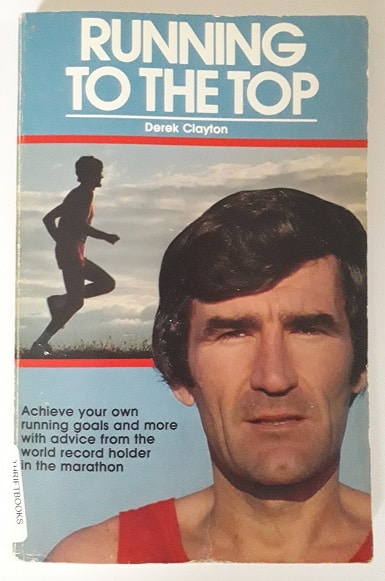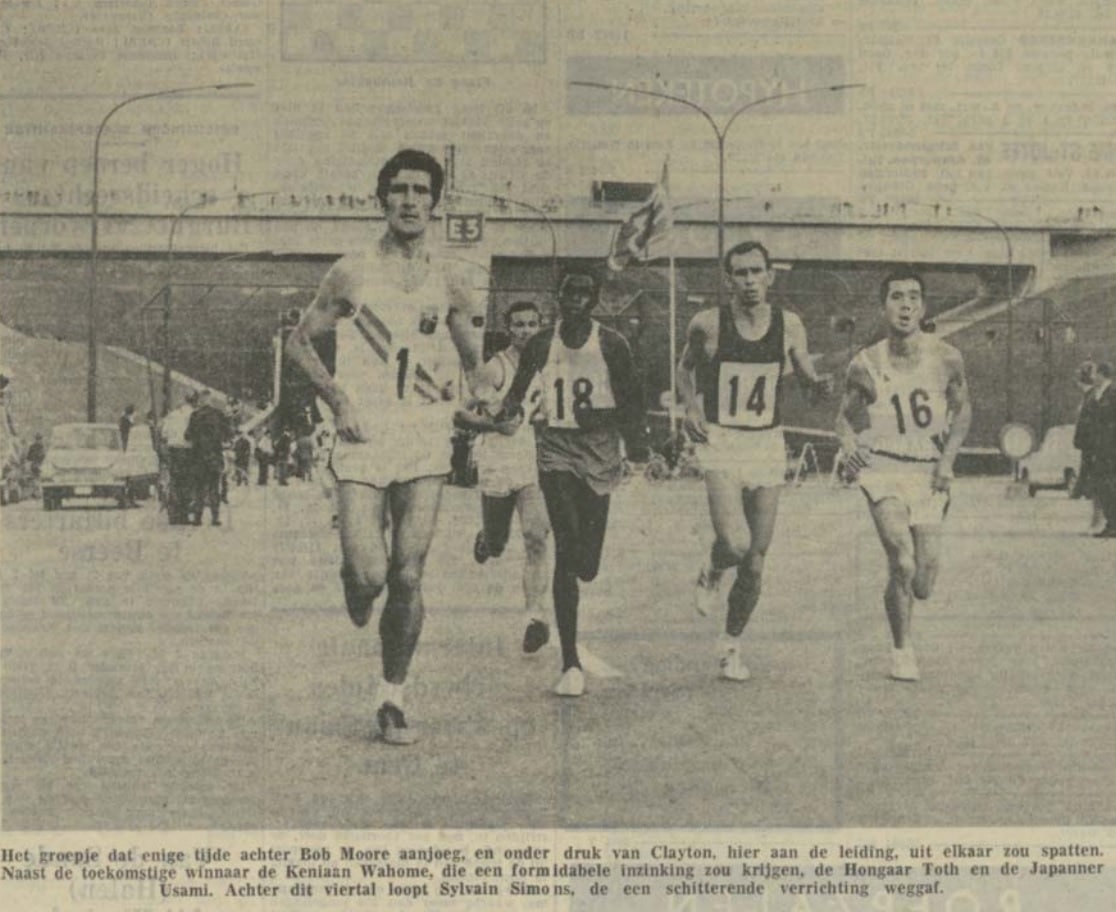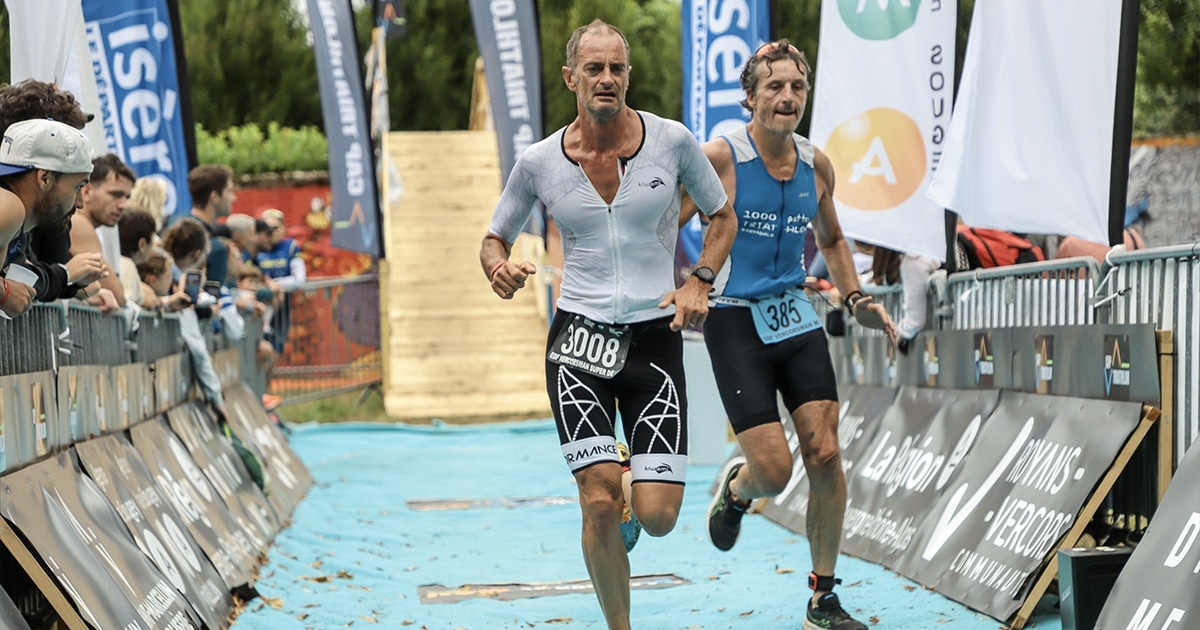Derek Clayton, the first marathon runner under 2h10
Derek Clayton, an Australian with the physique of a rugby player, pushed the limits of the marathon in 1967 by becoming the first man to finish under 2h10. With his radical training methods and legendary pain tolerance, he paved the way for the modern pursuit of the 2-hour barrier. Let’s take a look back at the story of this little-known pioneer.
| Australia, the land that forged the world’s fastest man
The destiny of Derek Clayton could have been completely different. Nothing in his childhood indicated a future in high-level sports. Born in 1942 in the industrial north of England, in Barrow-in-Furness, he emigrated with his family to Australia, where he eventually discovered running almost by chance. As in many cases in the history of 20th-century running, it was through the military that the athlete was discovered. At 18, enlisted in the Australian army, he accumulated miles under the burning sun of Melbourne. This adopted land would shape the character and resilience of this exceptional athlete. Indeed, his atypical physique – 1.83 m tall for 70 kg, a rugby player’s build – completely defied the standards of the time. Running experts then believed that a marathon runner should be slight, light, almost fragile. He was thus the opposite of Abebe Bikila, another running legend of the 1960s, a light and graceful man who ran barefoot, to whom he would pay a splendid tribute: “Bikila was an artist, I was a workhorse.” No matter the norms, Clayton followed his own path and broke the mold. In 1964, he won his first marathon in Melbourne in 2h23, without specific preparation. “I didn’t even know I was going to run that day,” he would later admit to the media. The legend of Derek Clayton had begun.
| The first runner under 2h10
On December 3, 1967, in Fukuoka, Japan, Derek Clayton made history. And in what a way! Despite ignoring a stress fracture (!) in his femur during the race, he finished in 2h09’36, shattering the world record held by Japan’s Morio Shigematsu by nearly 3 minutes. It was the first time a man had broken the 2h10 barrier… An astounding feat that launched the modern race towards the elusive 2h00, a goal still pursued today. The performance was so revolutionary at the time that scientists deemed it biologically impossible. The eternal debate about the physical limits of the human body! In 1969, in Antwerp, Belgium, he improved his time (2h08’34), although this record is now contested over suspicions of a shortened course. Beyond the numbers, Clayton introduced a new approach: enormous training volumes (up to 250 km per week), interval sessions in the heat to enhance stamina, and an uncompromising philosophy. “I didn’t run to be good, I ran to be the best.” He remained true to his philosophy until his sports retirement at just 29 years old, with 14 marathon victories.

| The Clayton legacy: the (express) path to 2 hours
Derek Clayton didn’t just set records; he ushered in the modern era. His performances directly inspired the giants of subsequent decades. Eliud Kipchoge has cited Clayton as a reference in his quest for the 2-hour mark. In 2021, when Kipchoge came close to 2h00 in Berlin, a journalist asked if he knew Derek Clayton. The Kenyan smiled: “Of course. Without him, we wouldn’t be here.” Proof that pioneers, even those less celebrated in sports history, never run in vain. His style, a powerful and exaggerated stride for the time, prefigured modern techniques. Better yet: his training approach, focused on enduring pain and extreme repetition, still influences coaching plans today. After his career, Derek Clayton stayed involved in running and helped develop the marathon in Australia. Now retired, he enjoys peaceful days there… and continues to reflect on his performance (video below).
The world marathon record still belongs to the late Kevin Kiptum, who tragically died in a car accident in 2024. A distant heir of Derek Clayton, his record of 2h00’35 on October 8, 2023, at the Chicago Marathon remains etched in history.
Until the next runner who won’t listen to anyone.
✓ Also to discover: For the curious (and English-speaking), Derek Clayton discusses his performance here with two Australian scientists (video from 2022).




